I've been bikepacking for over 15 years, here’s why a youth hostel is a great multi-day ride alternative to wild camping and ideal for beginners
The humble youth hostel has been a staple for travelers for decades, but could it be the perfect way for beginners and those unsure about wild camping to experience bikepacking adventures?
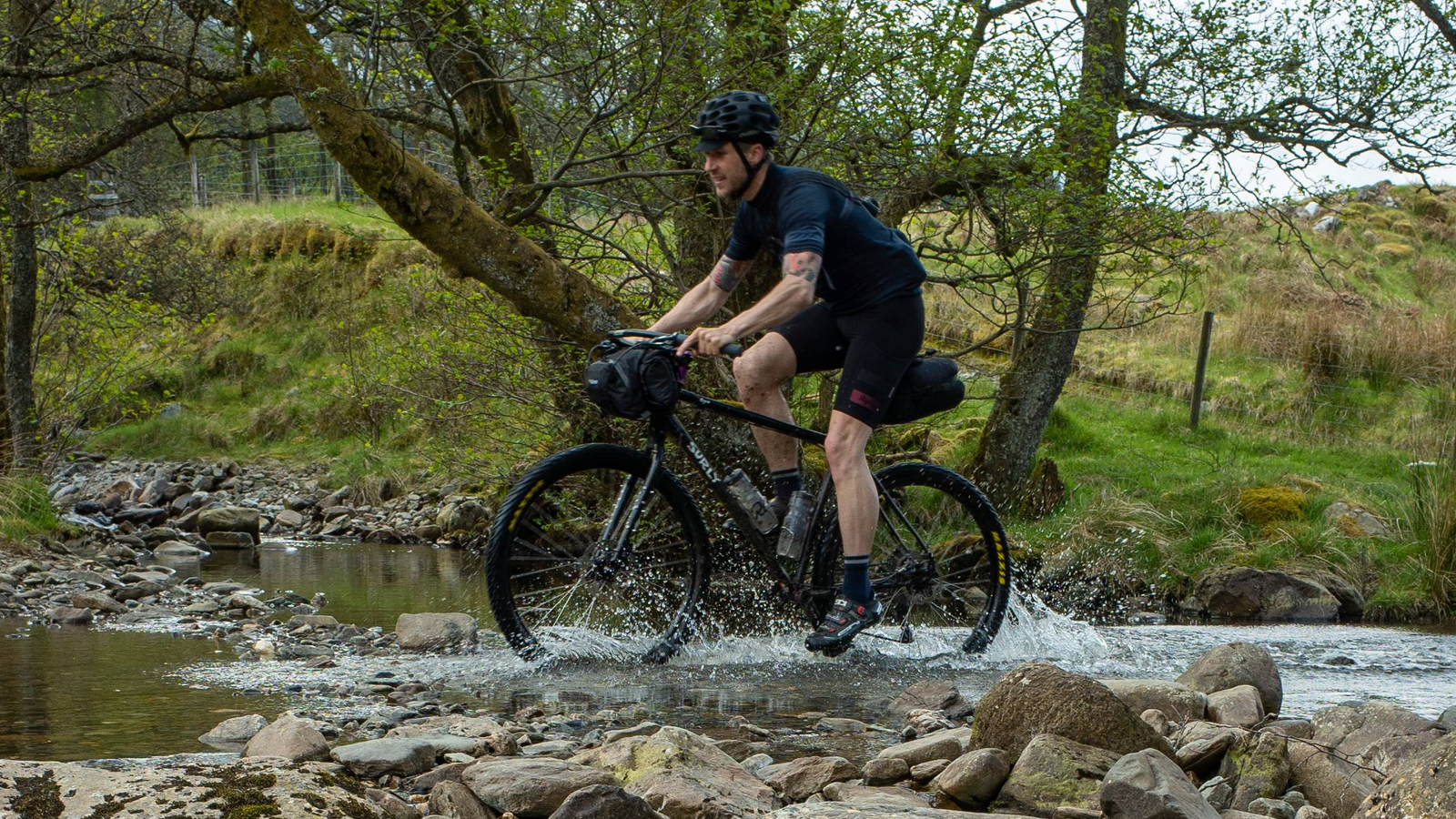
It's around this time of year that I get the urge for travel and adventure but, like many, real life can often get in the way. The idea of a multiday bikepacking adventure sounds amazing, but in reality, fitting it in between work and life schedules can be tough. There's also the prospect of wild camping, which can be amazing if done correctly but can be very intimidating and a source of concern for many.
I'm a big fan of micro-adventures, which help quench my wanderlust without impacting all of adult life's other day-to-day trials and tribulations, such as family and work schedules. An adventure ride means different things to different folks, but for me, it largely entails a ride on a route I've not done before and a night away from home, preferably somewhere with epic scenery and multiple options for cake and coffee stops.
Of course, you could camp out in the wild for this, but as most of my trips are in the UK. I much prefer the safety and security of a roof over my head, a comfy bed, and somewhere to dry my kit out from the inevitable rain (well so far this year anyway). This is where the humble youth hostel has proven to be a huge enabler for me, making the prospect of a couple of days' riding somewhere new a little less daunting. And if you are anything like me, the hardest part of any ride is getting going, so the easier the planning, the more likely I am to get out.
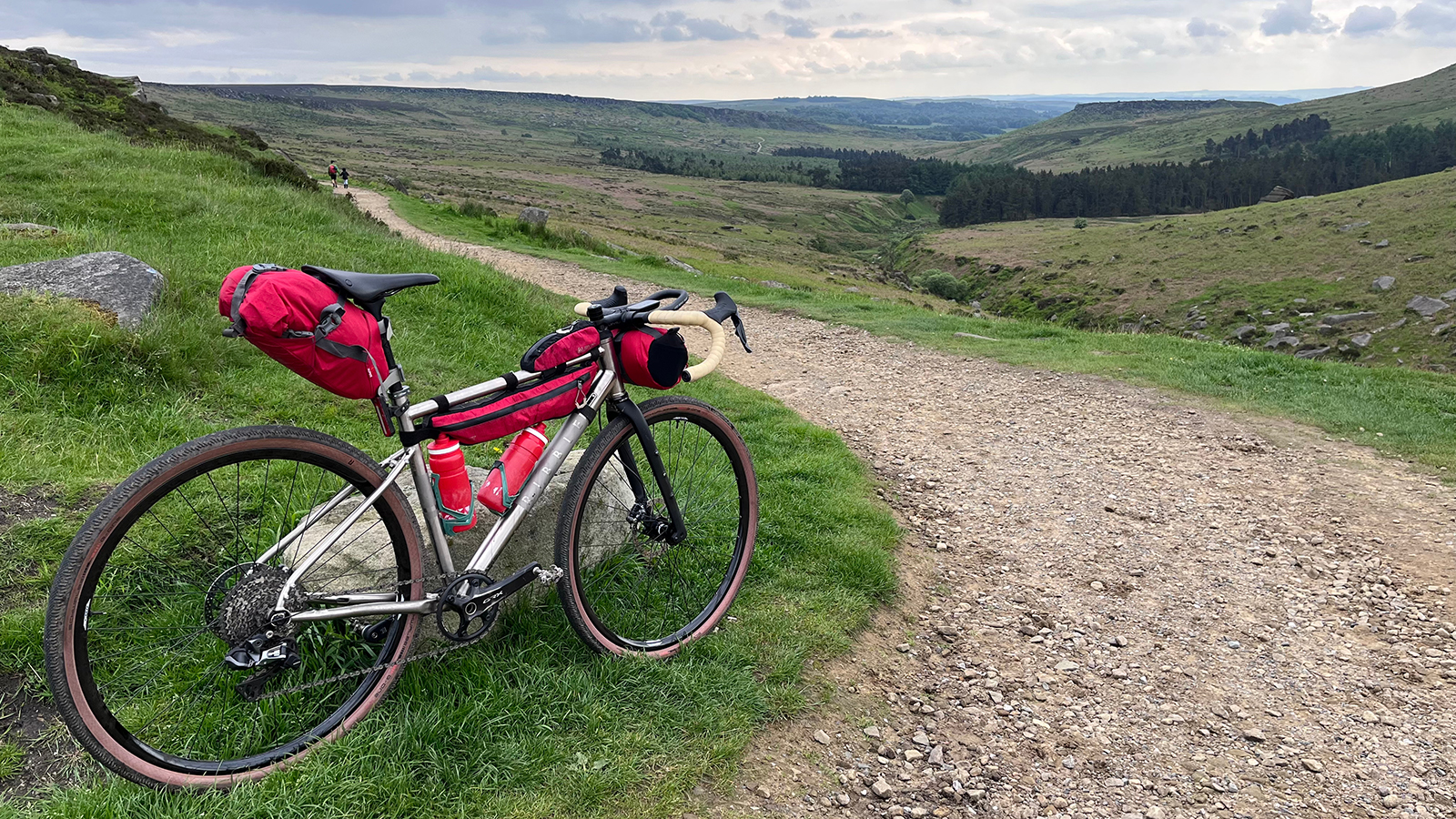
What is a youth hostel?
So, the definition of a youth hostel is “a place where people, especially young people, can stay cheaply for short periods when they are traveling”. Though technically correct, it doesn't give you a good idea of what one is or what it is all about. I like to think of them as a halfway house between camping and a hotel, in that you get the comforts of a hotel like a bed, nearby toilet and shower facilities, and a solid roof over your head, but with many of the good parts of camping like having your own cooking facilities and the chance to mingle with like-minded folks on their own adventures. Whilst it's true they are aimed at younger travelers, there will be just as many middle-aged and older folk there, as well as familes and occasionally school groups too.
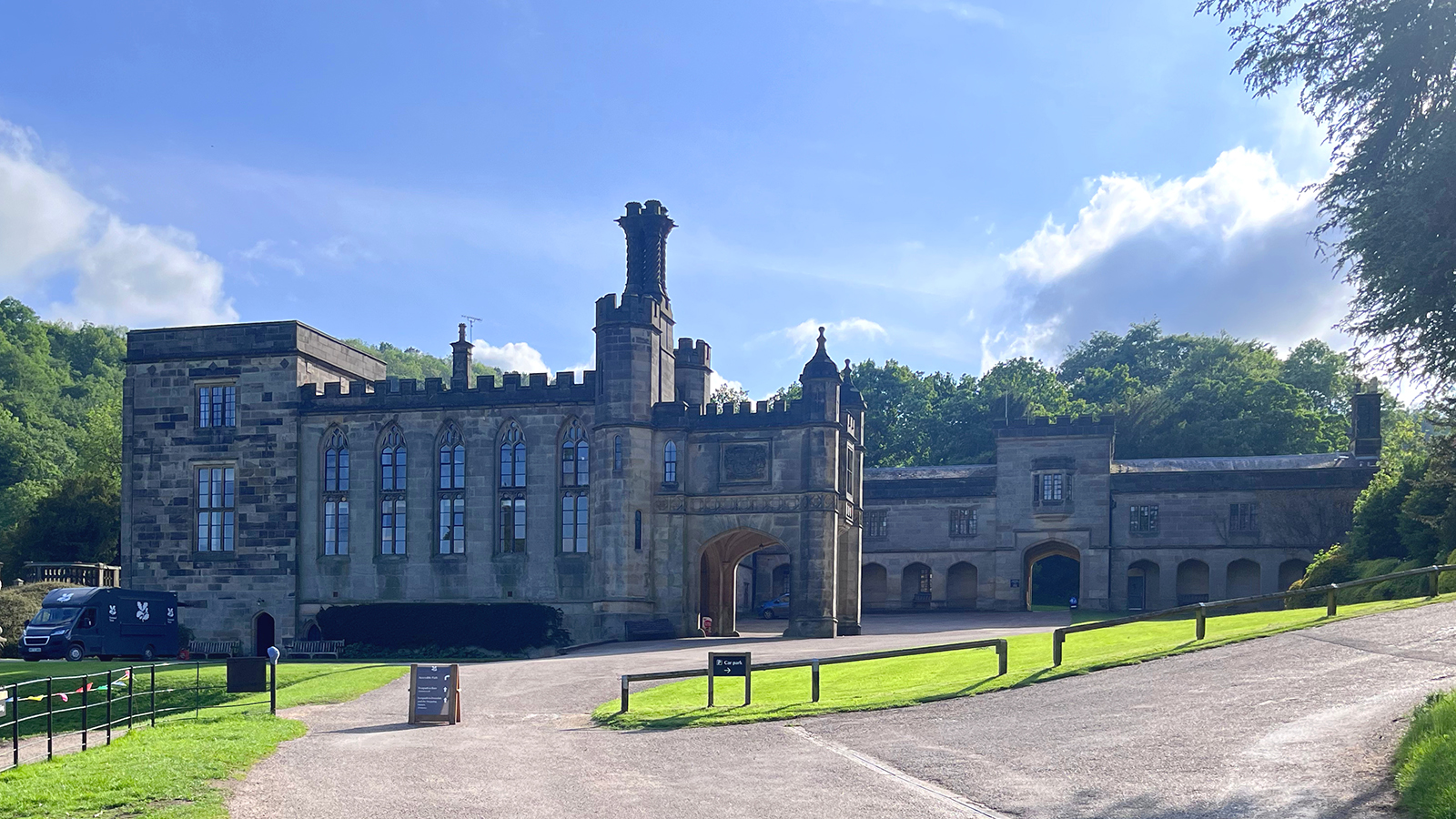
Hostels come in all shapes and sizes, but generally, if they are part of the Youth Hostel Association (YHA in the UK) or the Hostelling International organization, you can rest assured that they are clean, well-organized, and family and muddy biker-friendly. I generally stay in a dorm. This not only keeps the cost down as you are paying for a bed and not a full room, but I also enjoy the vibe of chatting with other folk fresh from whatever they have been up to. Not only is it a great way to find out about the area or the hostel, but for me, it brings back memories of the freedom of traveling and adventure in my younger years.
Private or family rooms are also available for those who are worried about sharing a room or who are concerned about sharing rooms with strangers or snorers. However, these cost a bit more and do need to be booked in advance, as they tend to fill up quickly.
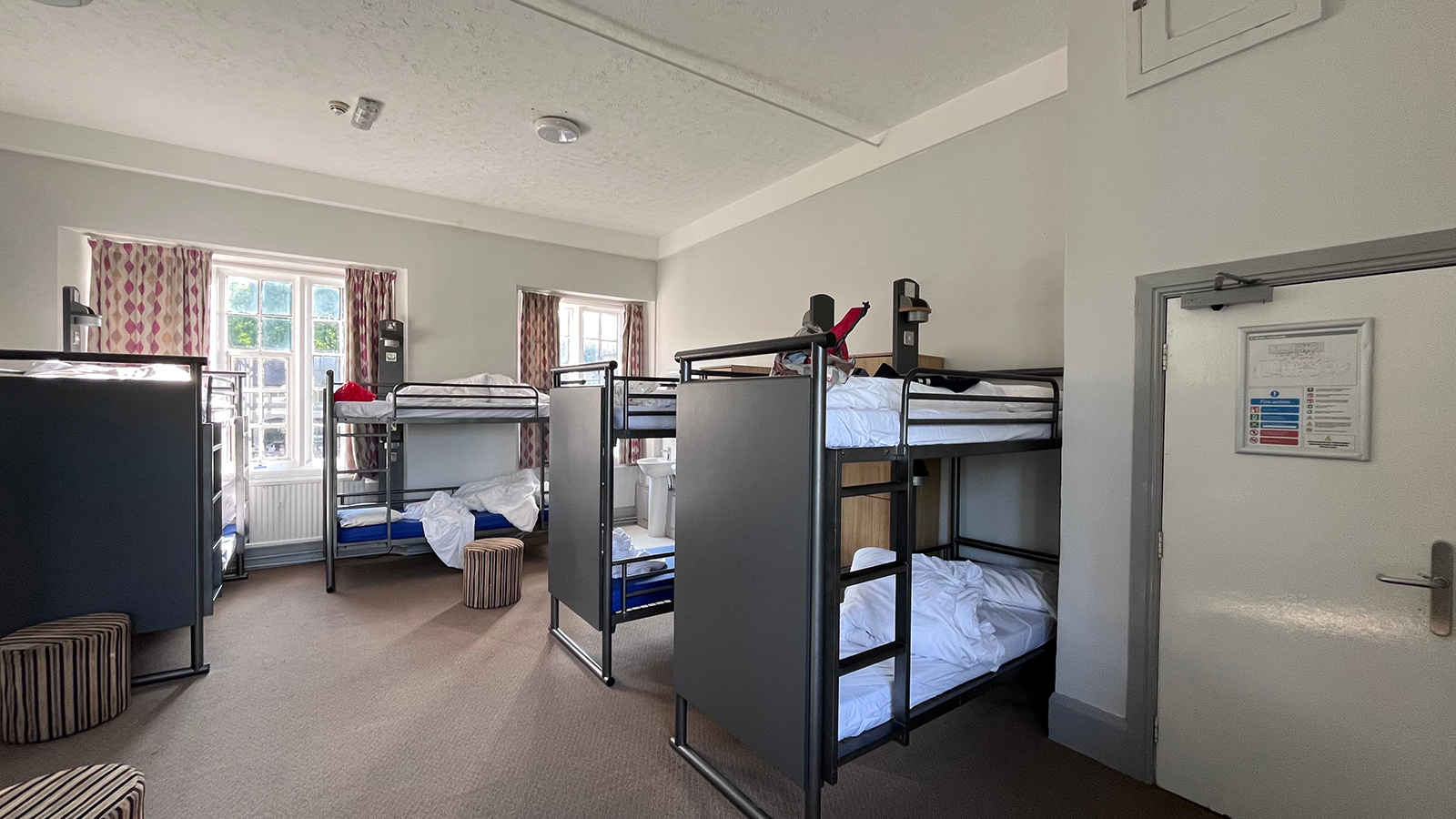
The facilities
One of the things I find great about using a hostel over a hotel is the reaction to my arrival with a bike. Though many hoteliers are accommodating to cyclists, I've had plenty that were, at best, awkward and with no obvious amenities or places to store your bike and kit. Some do let you store bikes in your room, but that's never guaranteed.
My experiences at the many YHA places I've stayed at have been the total opposite of this. Even the ones with limited facilities were far more accommodating and had at least a secure room where you could store your bike. The last one I stayed at in Ilam Hall, Derbyshire, even had a bike stand, track pump, tools and a hose for cleaning, too.
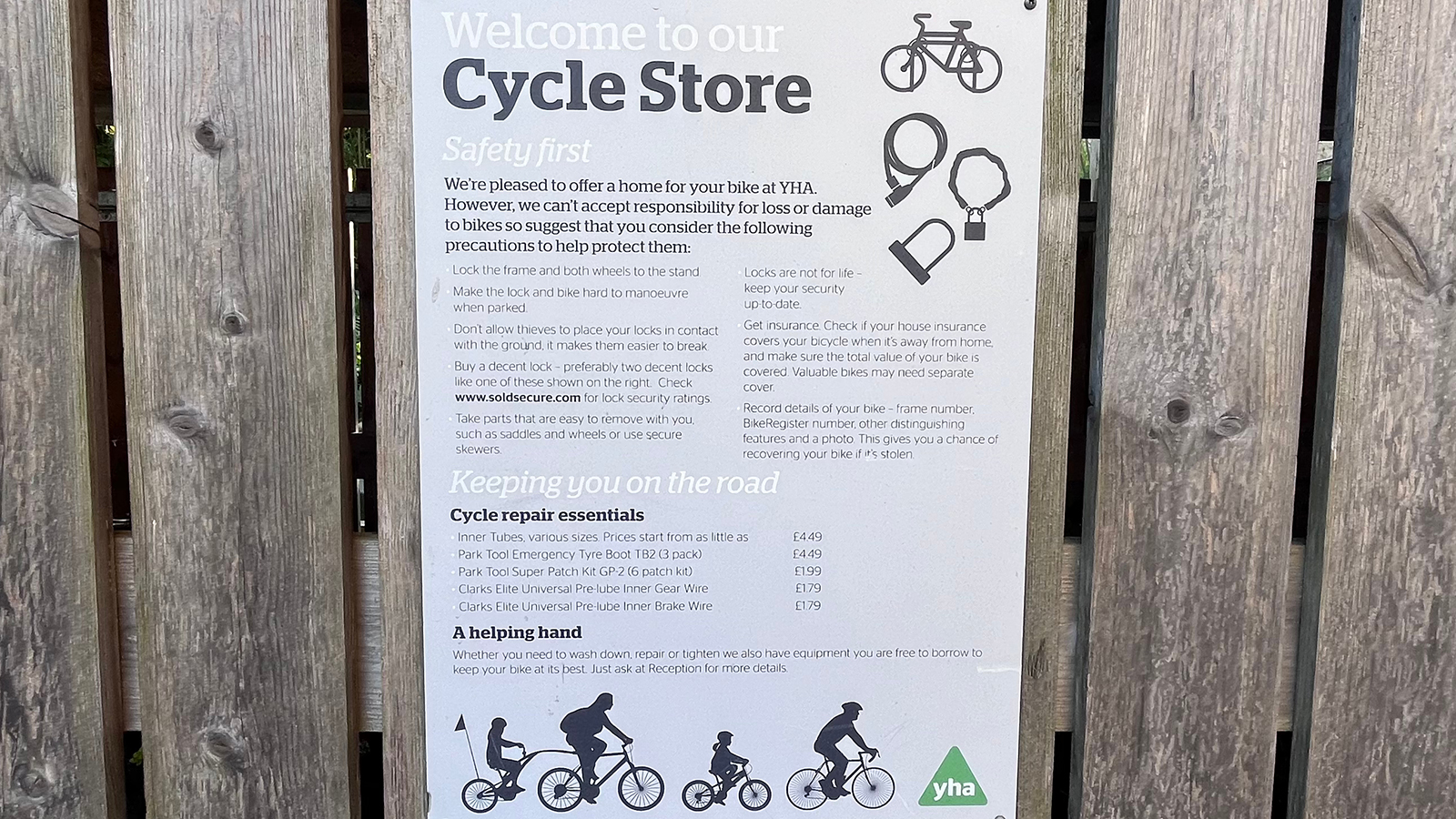
The beds are comfortable and clean. I usually end up in a bunk bed, though double beds and twin rooms are available in some places. Setups vary between hostels, but my most recent stay had a nice bed light, and a plug for charging phones, Garmins and lights at each bunk bed, which was very helpful. Not only is having a clean, warm, and crucially dry, bed a huge bonus on a multiday bike adventure, but it also means you won't have to carry a sleeping bag, roll mat or bivvy bag on your ride, freeing up valuable luggage space and a few kgs too.
Most have decent kitchen facilities, which are a good way to save money by cooking your own meals and a great spot to meet and chat with fellow travelers. There are usually key staples like oil, salt and pepper, as well as enough pans and cutlery for everyone, but you will need to bring your food or buy locally. Again, this makes a big difference on a multiday ride, as not having to carry cookware and pots and pans saves lots of luggage space and a considerable amount of money.
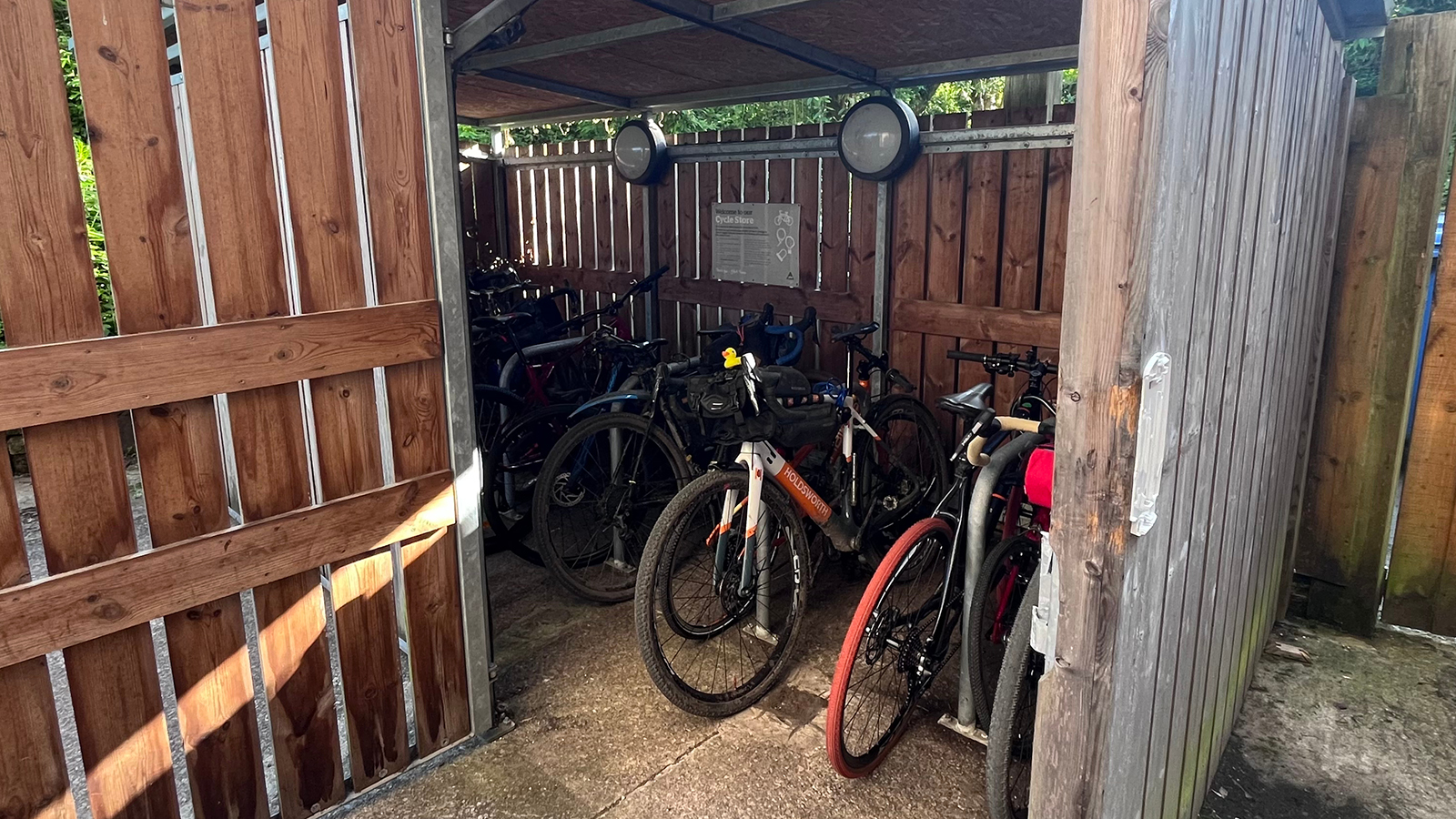
How do I find a youth hostel?
You can book a hostel using many of the usual hotel and travel booking sites, as well as a few hostel-specific sites like Hostelworld.com. However, I tend to use the YHA website for England and Wales, and Hostelling Scotland for trips north of the border, as booking directly with venues is cheaper. There are also further discounts and offers available for those who sign up as members, ideal for those of you who go on multiple trips in a year.
One of the ways I like to plan a trip is to find an interesting hostel in a broad area, then either use apps like Komoot to plan a route or try to find if there has been a gravel event or a famous right of way nearby. For example, on my last trip, I found the fantastic Ilam hostel, which is a beautiful converted building next to Dovedale, one of the most scenic parts of the Peak District and somewhere I'd wanted to visit. I then plugged a route into the Komoot app but adjusted it slightly as I wanted to include both the Monsal and the Tissington trails, which I know are perfect for the gravel bike I had.
There's lots of inspiration to be found on YHA’s site as well if you are struggling for ideas, with ideas on locations that are geared for riders, hostels that are on famous routes, or even just cool places that would be interesting to visit.
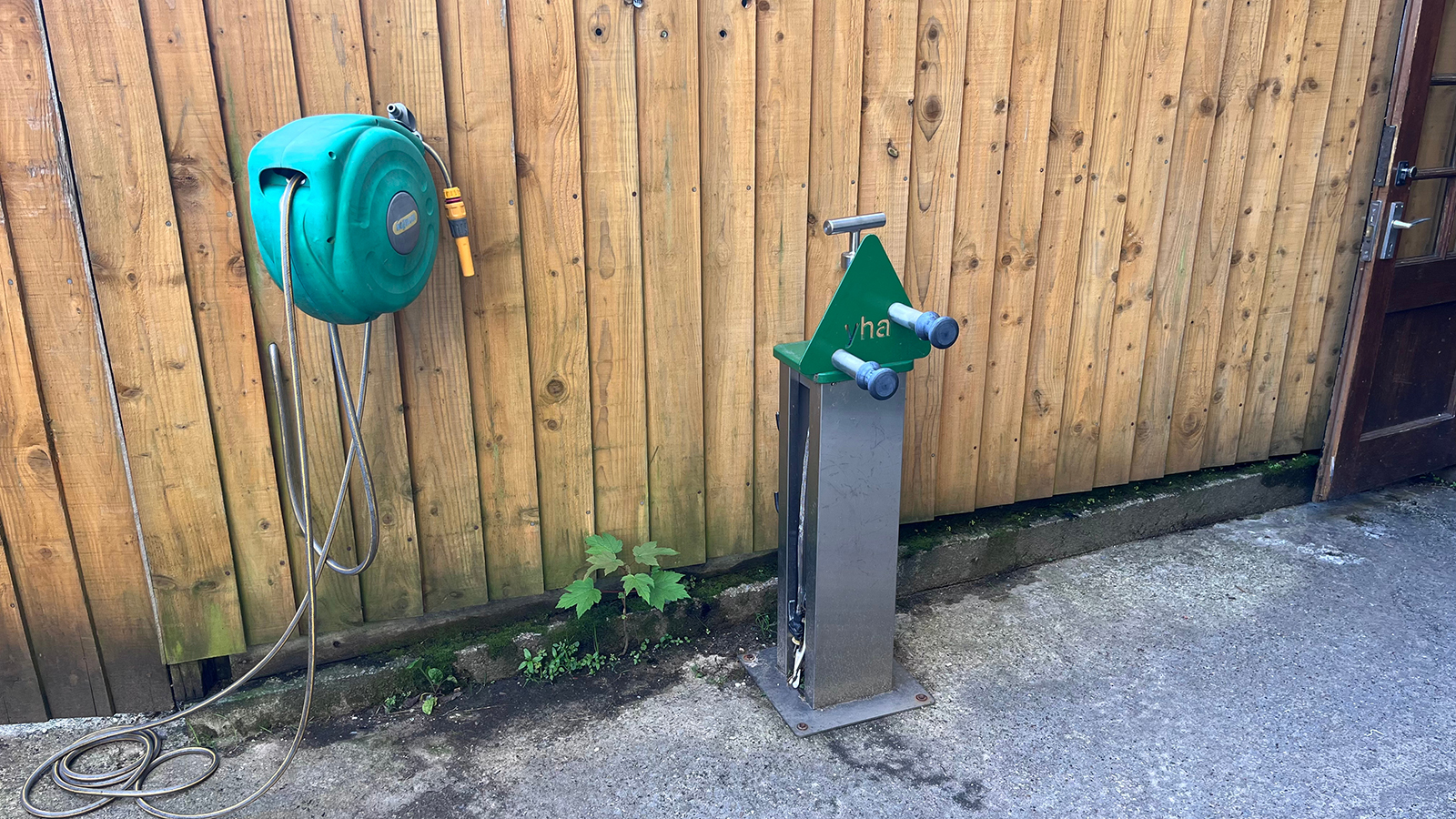
Other things to consider
If you are planning a multiday trip with more than one stop, the sooner you book, the better, as hostels often get fully booked, especially in popular areas during the holiday season.
It's worth spending some time planning your route properly, checking things like distance, amount of climbing, etc, as well as trail conditions and whether or not your bike is up to the challenge. Gravel bikes are often the go-to for adventure bikes, but UK bridleways can be rocky and are possibly more suited to a MTB hardtail at times. Luckily, there are plenty of luggage options with great bikepacking bags and even options like Aeroe's rack and bag setup that can make pretty much any bike an adventure rig.
Remember to check that your bike and kit are up to the task, too. There's no point in planning and booking a trip if your current bike isn't robust enough for the route you have in mind or your ride has seen better days and needs some TLC. If you're not sure, then this handy guide to getting your bike sorted for summer is a good place to start.
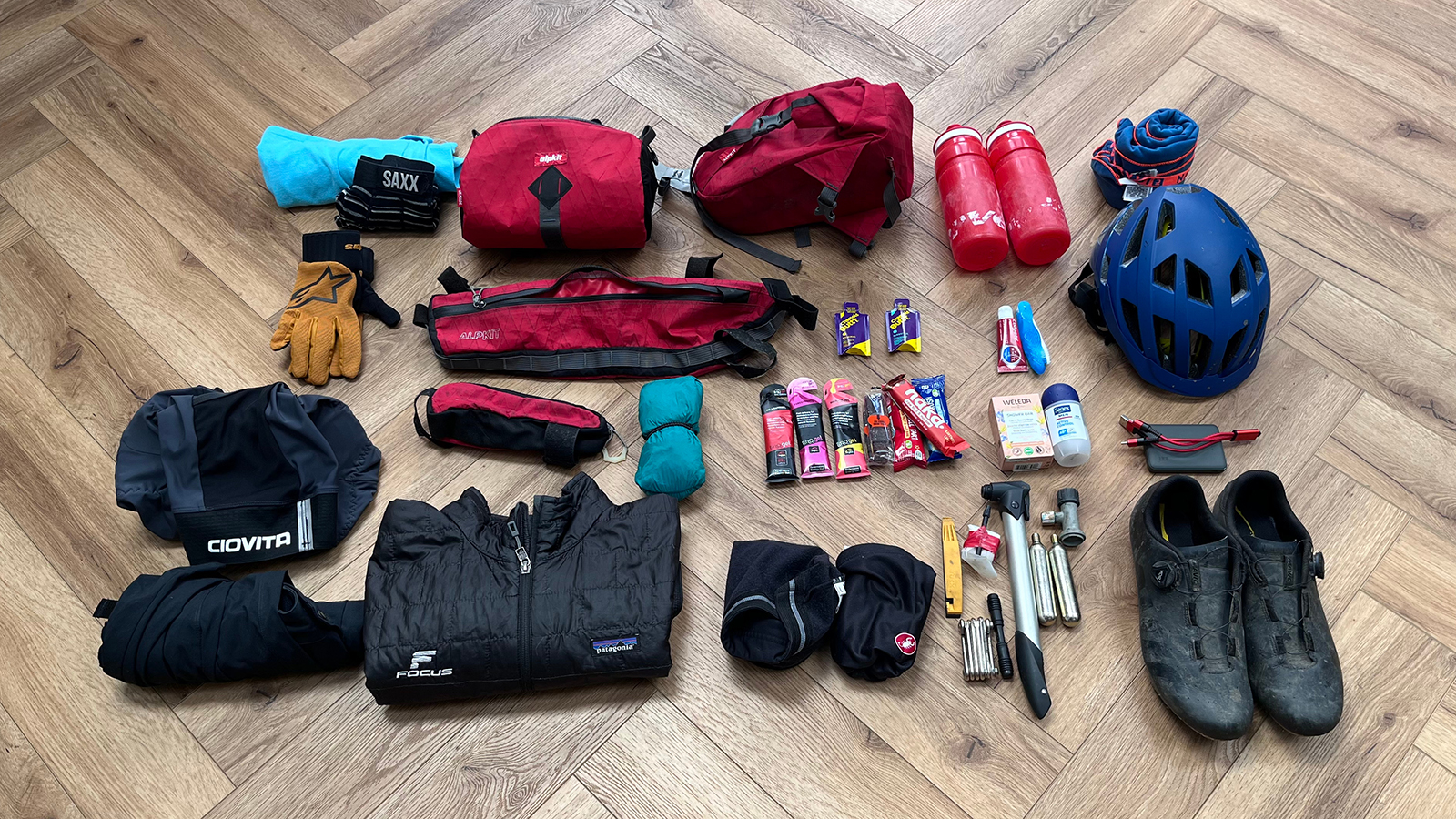
What to pack
Though you do not have to carry as much as you would if you were wild camping, after checking out our list of tips on what to pack for a bikepacking adventure, here are a few things more specific to hostelling that I always carry.
- A lightweight shell: A light packable waterproof is a must-have, especially after the wettest winter on record
- A towel: I usually pack a travel towel that folds down small and dries quickly
- Shower gel: I like to use a solid shower bar as they are easy to pack and last ages, but anything will do. If you're using a liquid or gel version, it is worth decanting some shower gel or shampoo into a smaller bottle to save space in your luggage
- Toothbrush and toothpaste: Packing a small toothpaste tube is ideal, again to save weight and space
- ID: You need a photo ID to check in at every youth hostel. A passport or driving licence is fine
- Plugs and charging cables: Remember all the bits you need to charge phones and GPS equipment, especially if you rely on them for navigation
- A map: GPS and phones are great, but if you have the space, there is no substitute for a proper map
- Casual clothes and footwear: No one likes to walk around in lycra and SPD shoes all night, so pack some light shoes or flip-flops and a change of clothes
- Warm clothing: I always like to pack a good-quality down jacket. These are small and offer plenty of warmth if you fancy an evening stroll or alfresco dining
- Energy food and gels: Proper food is always preferable, but an emergency gel or energy bar can make or break a long ride if you're starting to struggle
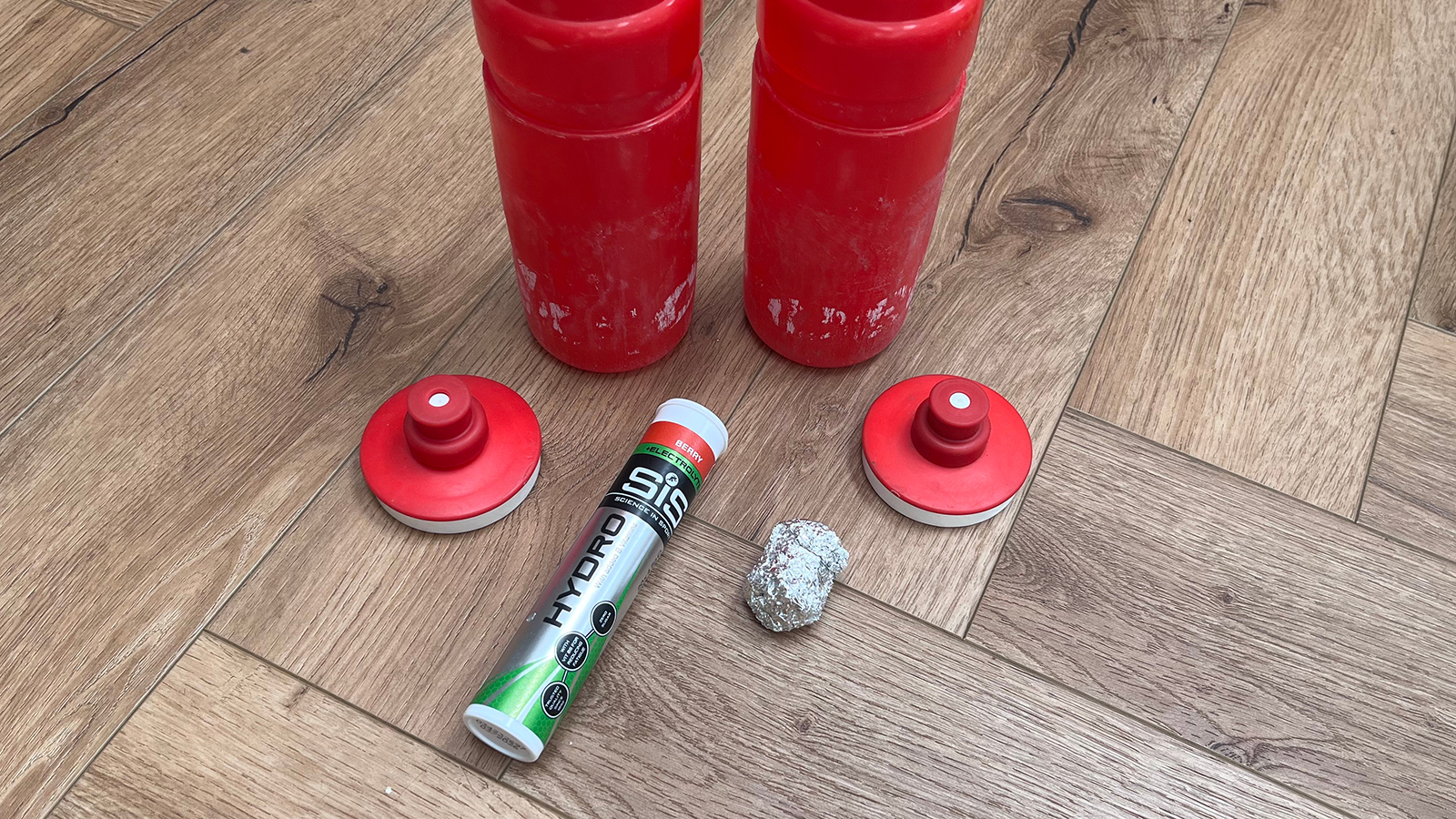
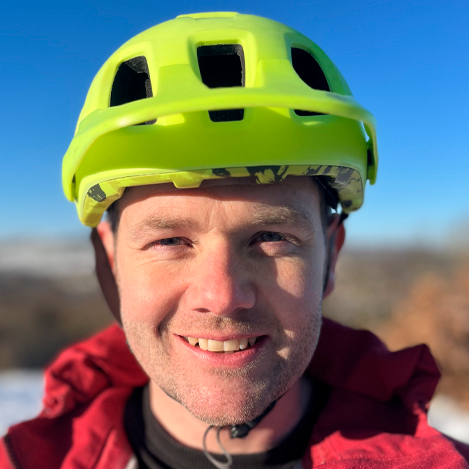
Neal has been riding bikes of all persuasions for over 20 years and has had a go at racing most of them to a pretty average level across the board. From town center criteriums to the Megavalanche and pretty much everything in between. Neal has worked in the bicycle industry his entire working life, from starting out as a Saturday lad at the local bike shop to working for global brands in a variety of roles; he has built an in-depth knowledge and love of all things tech. Based in Sheffield, UK, he can be found riding the incredible local trails on a wide variety of bikes whenever he can
